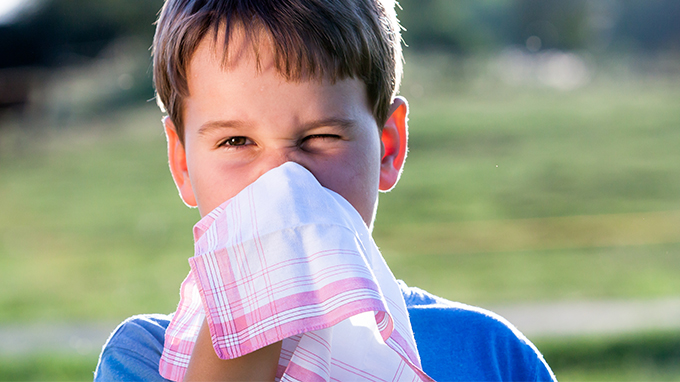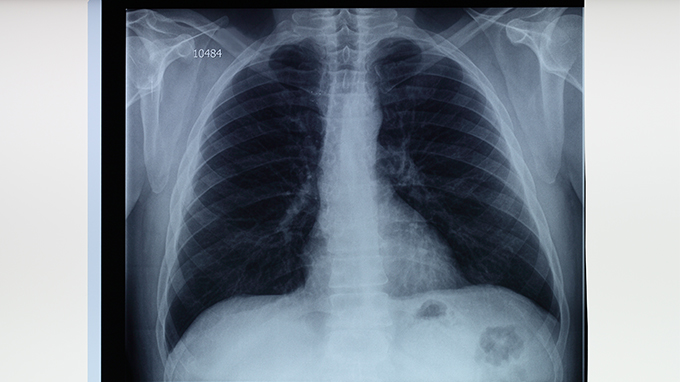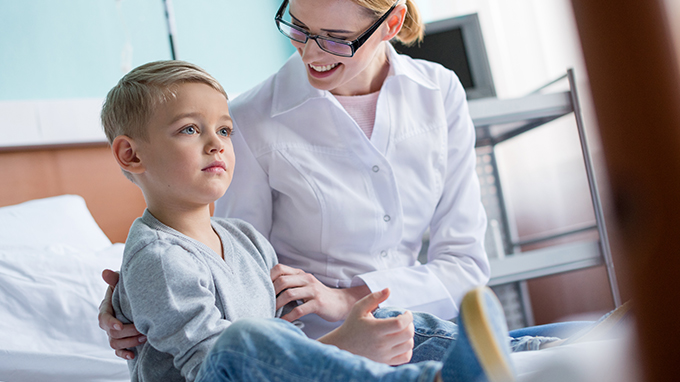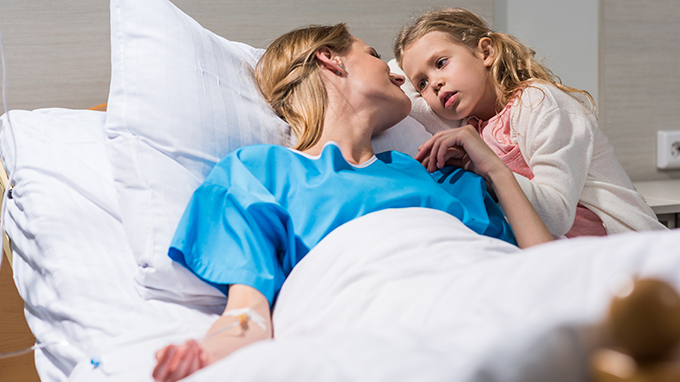Caution: Pneumonia likes these three types of people
The spring and winter season is a high incidence of respiratory diseases. Young and middle-aged people aged 20 to 40 are under pressure, sitting indoors, lack of exercise, often stay up late, and have poor physical fitness. After a cold, I like to buy medicine for myself, or think that I can survive it. In fact, it is easy to be pneumonia. If the cold treatment does not improve in 5 to 7 days, it is necessary to be wary of pneumonia.
The initial performance of pneumonia is similar to that of a cold. It may have symptoms such as fever, cough, fatigue, and muscle pain in the body, but it is often heavier than the common cold. In severe cases, chest pain, difficulty breathing, and severe coughing may also occur. . There are four types of pneumonia. Bacterial pneumonia is the most common. It is often caused by upper respiratory tract infections and colds. It has an acute onset and is accompanied by chills, high fever, rusty sputum, and chest pain. Viral pneumonia is often caused by influenza virus and has a slow onset, with symptoms such as headache, fatigue, fever, dry cough or a small amount of mucus. Mycoplasma pneumonia is usually caused by one person, and then the whole family is recruited. If it is a mycoplasma infection in young children, parents do not have to worry too much, symptomatic treatment is enough. Fungal pneumonia is more serious and should be treated as soon as possible.
Pneumonia is most favored by three types of people
Stressed people who love to stay up late. Especially for young people in chronic fatigue, the best treatment after a cold is rest.
Elderly people or people with basic diseases, such as COPD, asthma, bronchitis, and diabetes. Once you find that the elderly at home have poor mental health and poor appetite, you must go to the hospital for examination to rule out the possibility of pneumonia.
Young children, mostly with high fever, progress rapidly. In severe cases, symptoms such as shock, drowsiness, and mental depression, antipyretics can only temporarily relieve.
To prevent pneumonia, we must first keep warm, wear more clothes when going out, to prevent the respiratory tract from undergoing severe temperature changes and losing the ability to resist germs. Secondly, keep indoor air circulation and avoid going to crowded places. Again, moderate and reasonable exercise, such as walking, Tai Chi, doing exercises, jogging, etc. can improve cardiopulmonary function. But don''t go out for exercise too early, especially when the weather is hazy, wait until the sun rises before going out. Finally, eat a light diet, eat spicy and spicy foods, eat more fresh vegetables and fruits, and drink more water to ensure adequate sleep and pay attention to work and rest.
Related Articles

- What are the symptoms of Crohn's disease?
- 2020-12-17

- child
- The night shift on this day, I almost "collapse", explaining again and again, repeating it over and over again, as if rewinding the tape. Emergency services at night are rarely so b
- 2020-08-02

- Pneumonia prevention, attention to detail
- Speaking of the prevention of childhood diseases, parents may first think of respiratory infectious diseases such as flu, hand, foot and mouth disease, mumps, etc., and I will not talk abou
- 2020-08-02

- Older children, don’t get pneumonia easily
- Recently, our respiratory group has received a lot of "bronchial pneumonia" children, a considerable part of them are not real pneumonia, because they have experienced many wheezing
- 2020-08-01

- Infectious diseases of children common in spring
- Spring is a period of frequent confluence of cold and warm air. Due to the poor resistance of children, it is very easy to get sick in cold and hot weather. Parents learn to understand thes
- 2020-08-01

- Recommendations for clinical treatment of severe cases of enterovirus 71 (EV71) infection
- Hand-foot-mouth disease is an acute infectious disease caused by enterovirus. Severe cases are mostly caused by enterovirus 71 type (E V 7 1) It is caused by infections and occurs mostly i
- 2020-08-01
